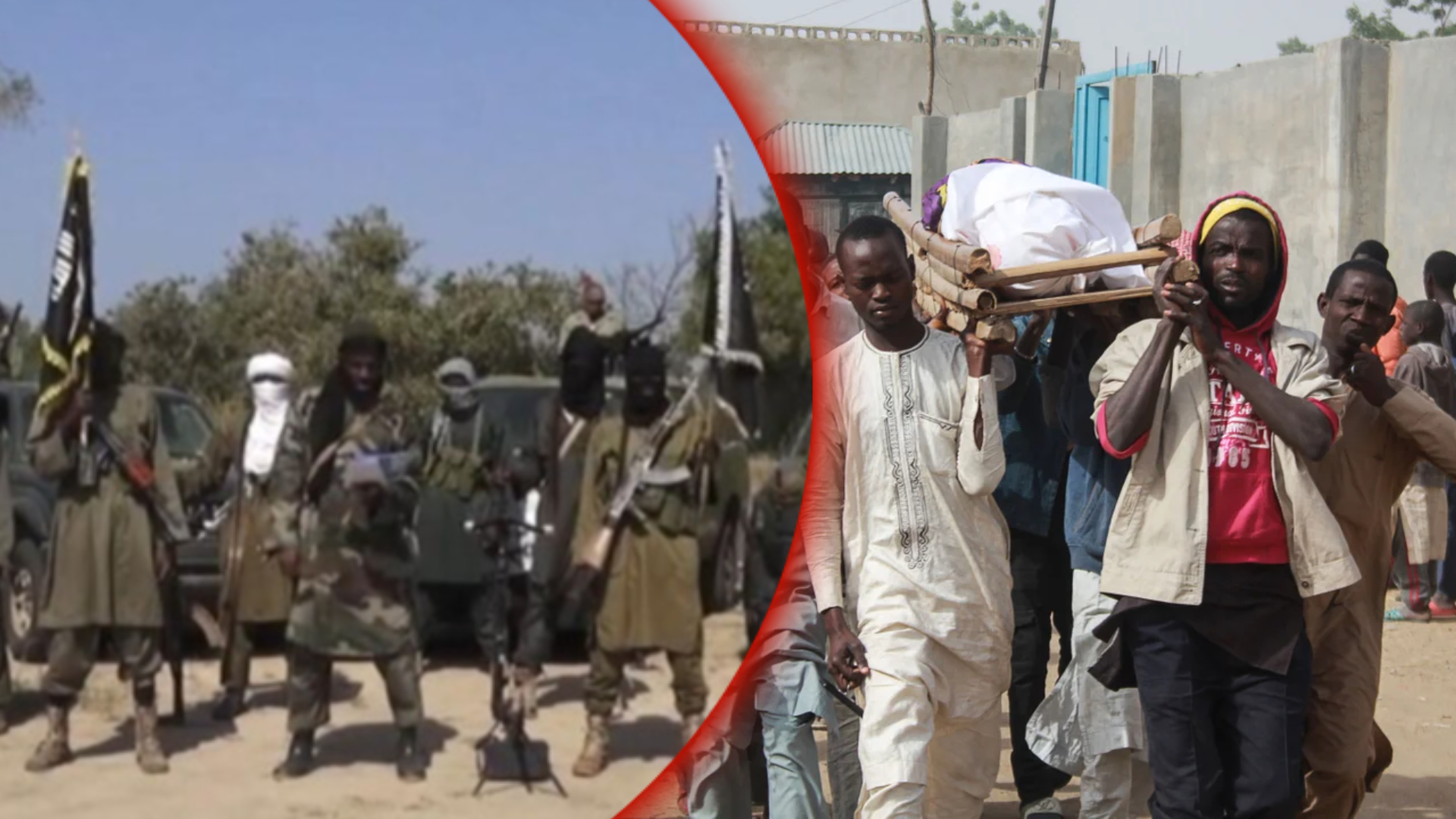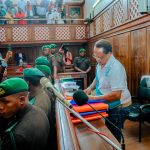
While Nigeria’s conflict with Boko Haram and breakaway rival Islamic State West Africa Province (ISWAP) has ebbed since its peak a decade ago, this year has seen an uptick in violence.
Scores of militants stormed Kirawa, in Borno state’s Gwoza district on the border with Cameroon, late Wednesday, setting homes on fire and forcing 5,000 residents to flee the town, Umar Ari, a local anti-jihadist militia leader said.
More than half of them boarded trucks and ferries across a river into Cameroon, according to Yakubu Ali, a community leader and head of Kirawa Development Association.
“The attack forced all the 5,000 residents to leave, with around 3,000 crossing the river into Cameroon, including our traditional chief,” Ali said.
The other 2,000 residents have moved into nearby Nigerian towns of Pulka and Gwoza as well as the regional capital Maiduguri, 130 kilometres (around 80 miles) away, he said.
Kirawa was “completely deserted” after Boko Haram attacked and burnt homes, said resident Hassan Butari, who arrived in Maiduguri on Thursday.
People are “taking shelter until the situation normalises,” Butari said.
The militants burnt homes, including the palace of the local chief and several vehicles, Butari said.
There have been no reports of casualties.
Gwoza and surrounding areas have faced Boko Haram attacks since 2014, after the jihadist group seized the town and declared it part of their caliphate.
The town was clawed back by the Nigerian military with help from Chadian forces in 2015 but the group continues to launch attacks on communities from its stronghold in the Mandara mountains.
Military bases were established in the area to stop the jihadist group’s deadly raids and kidnapping of women who venture into the bush in search for firewood and acacia fruits, but attacks persist.
Amid an increase in jihadist violence this year, ISWAP overran at least 17 Nigerian military bases in the first six months of 2025, aided by an uptick in its use of drones, nighttime attacks and foreign fighters, according to researchers at Good Governance Africa, a non-profit.
At least 40,000 people have been killed and around two million others displaced since the insurgency began in 2009. The conflict has spread into neighbouring Chad, Niger and Cameroon, prompting a regional military force to fight the militants.
abu/sn/nro/kjm
© Agence France-Presse






